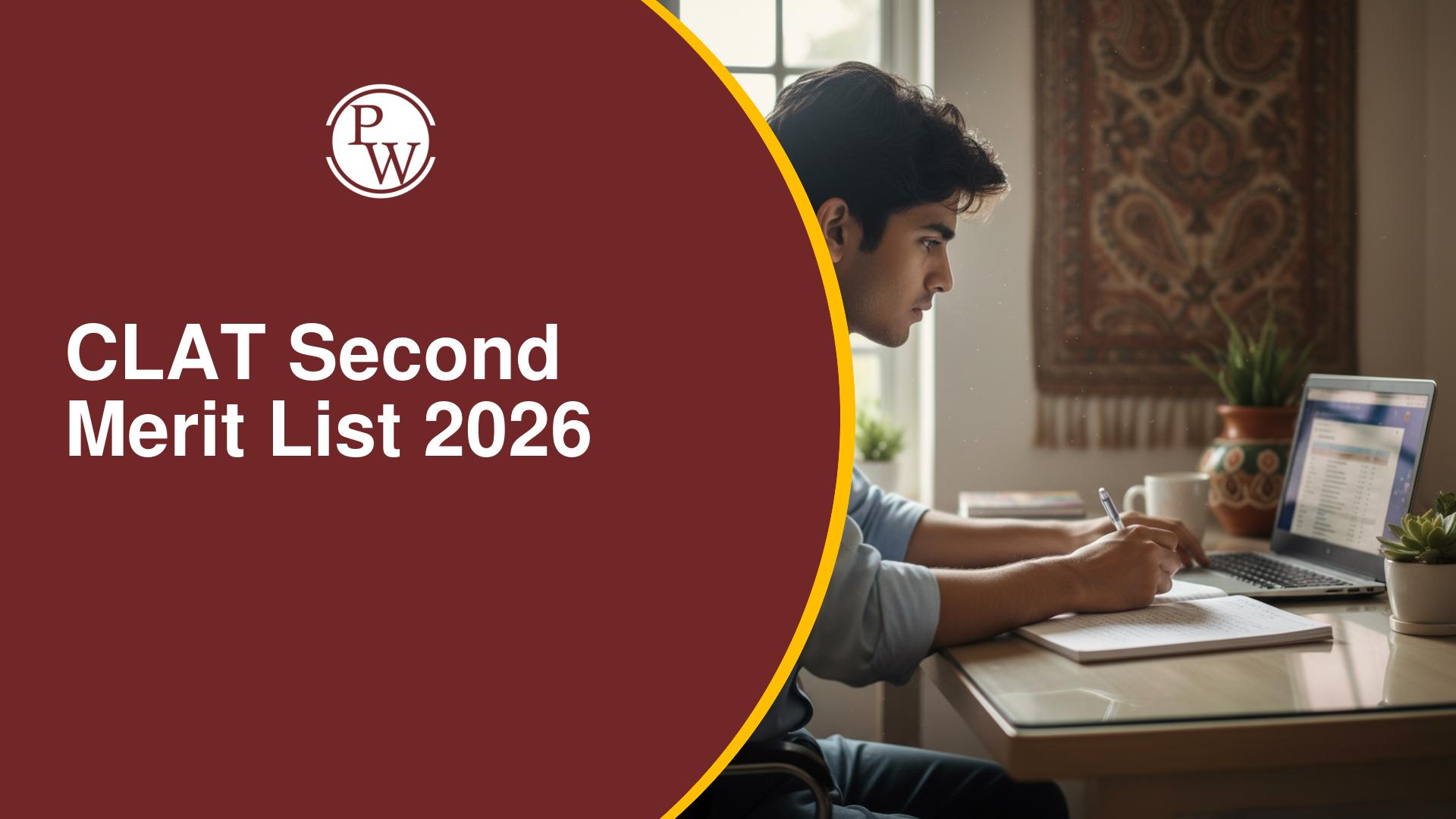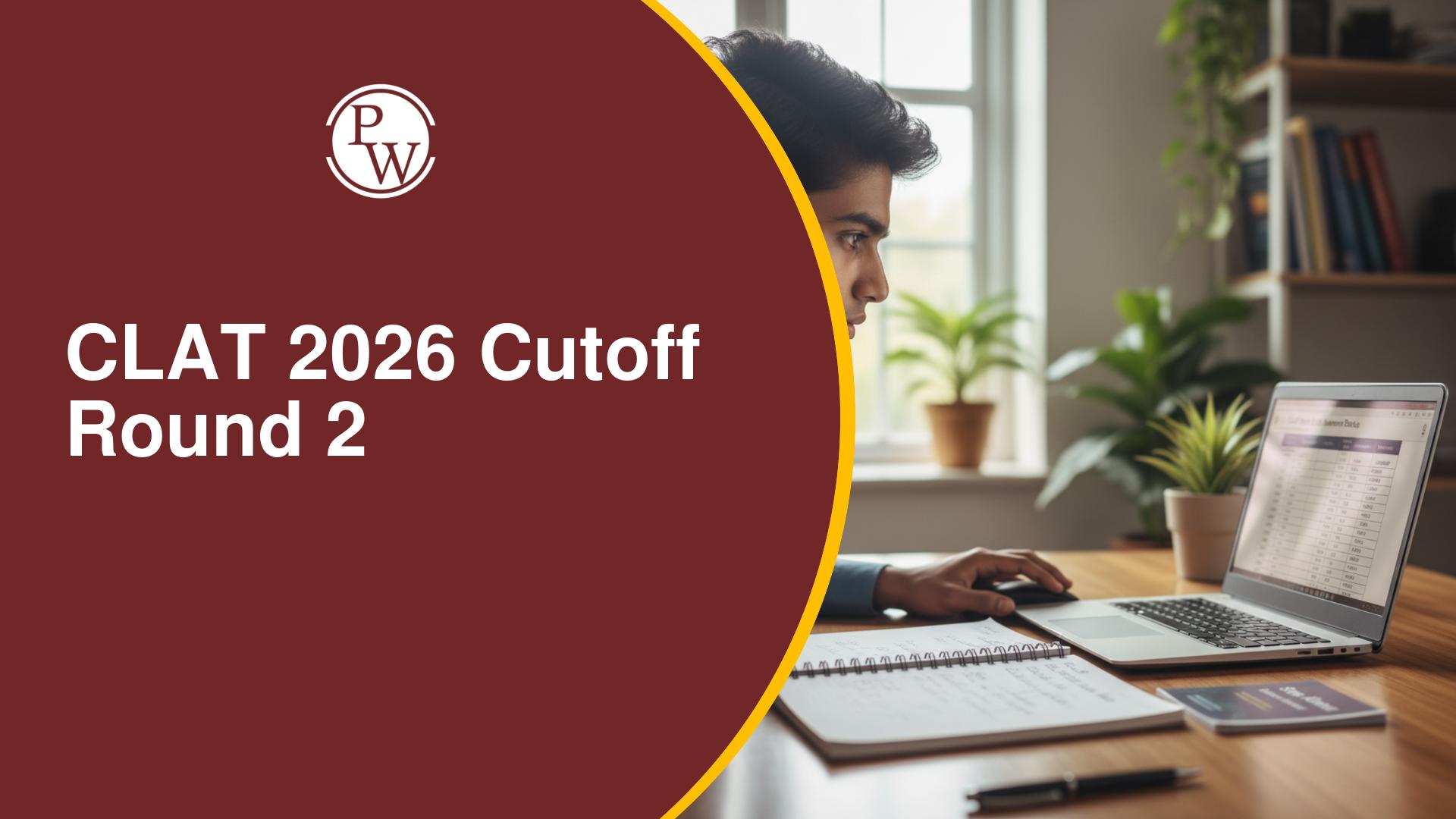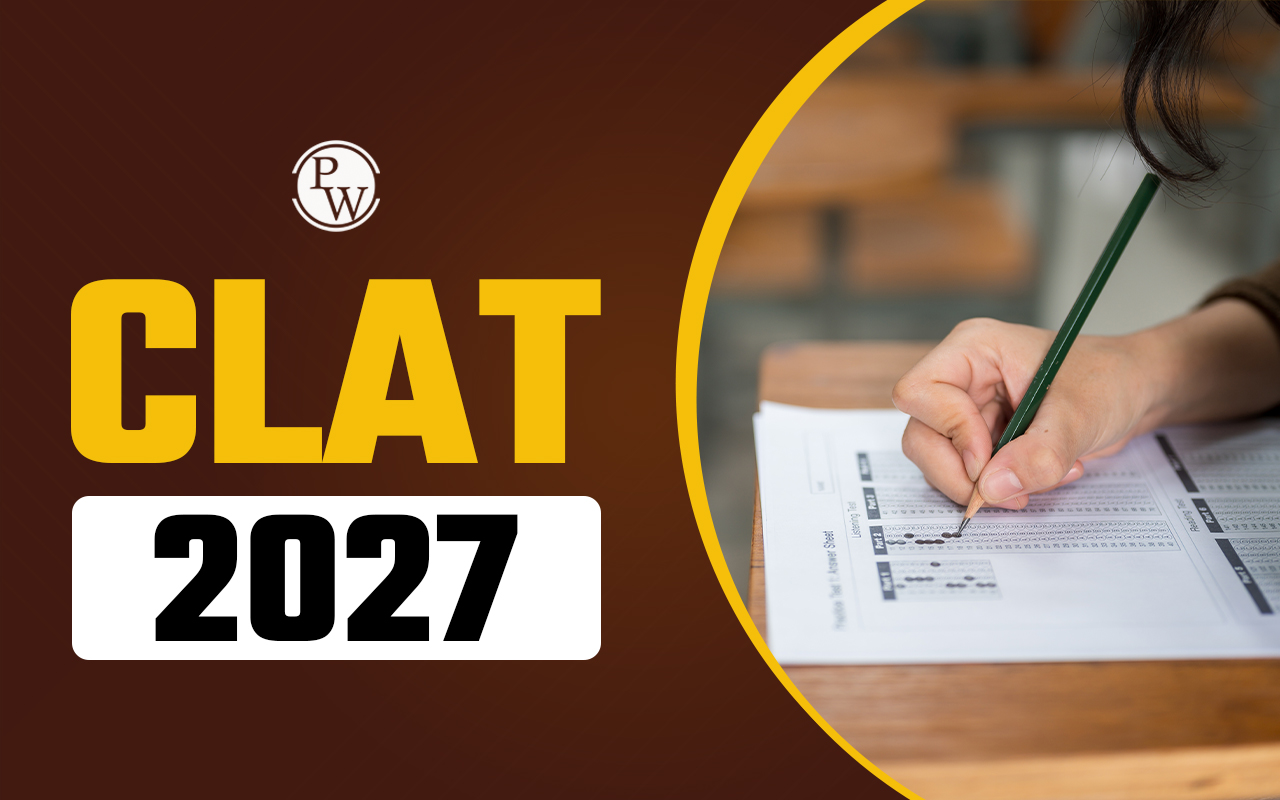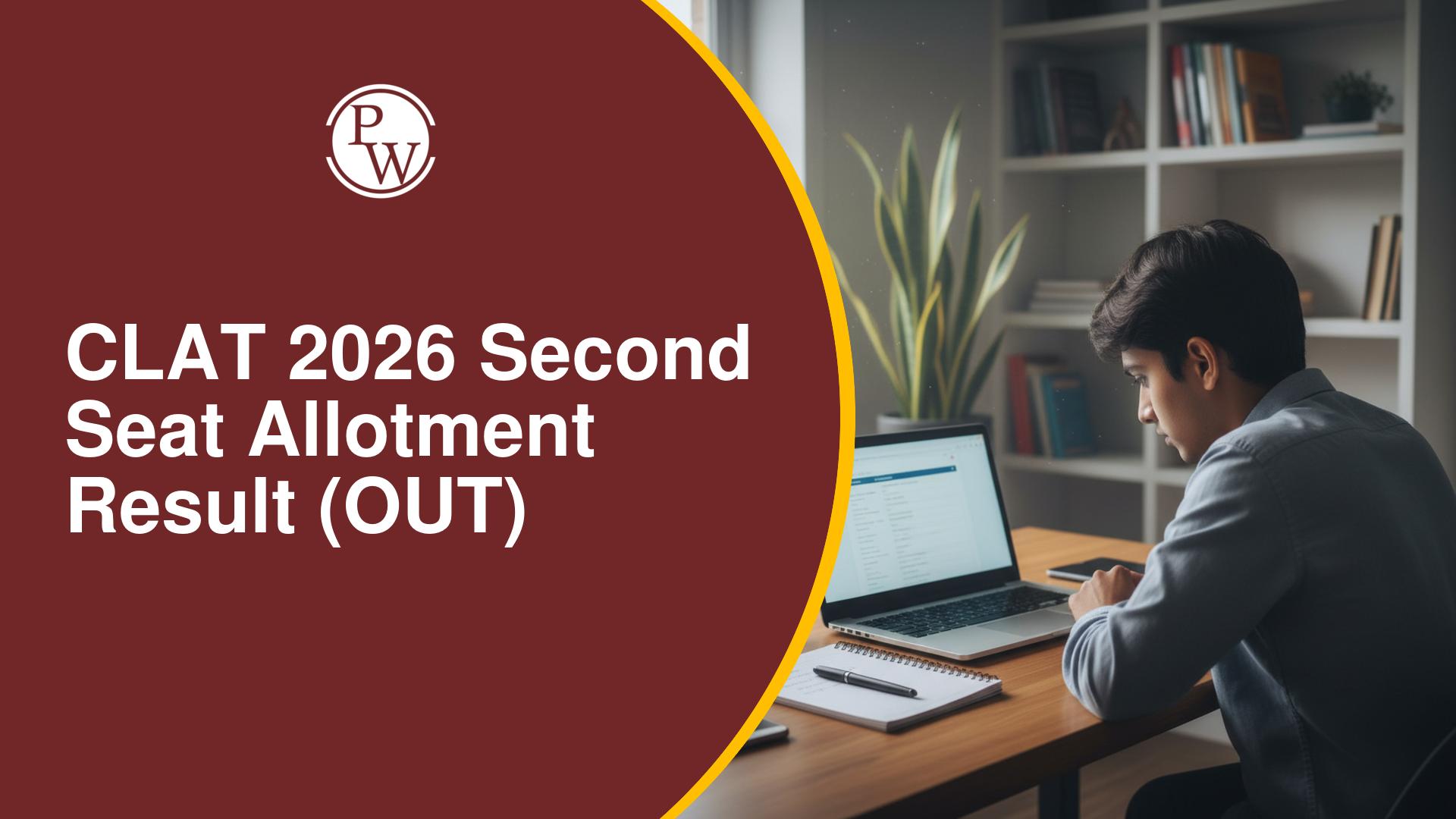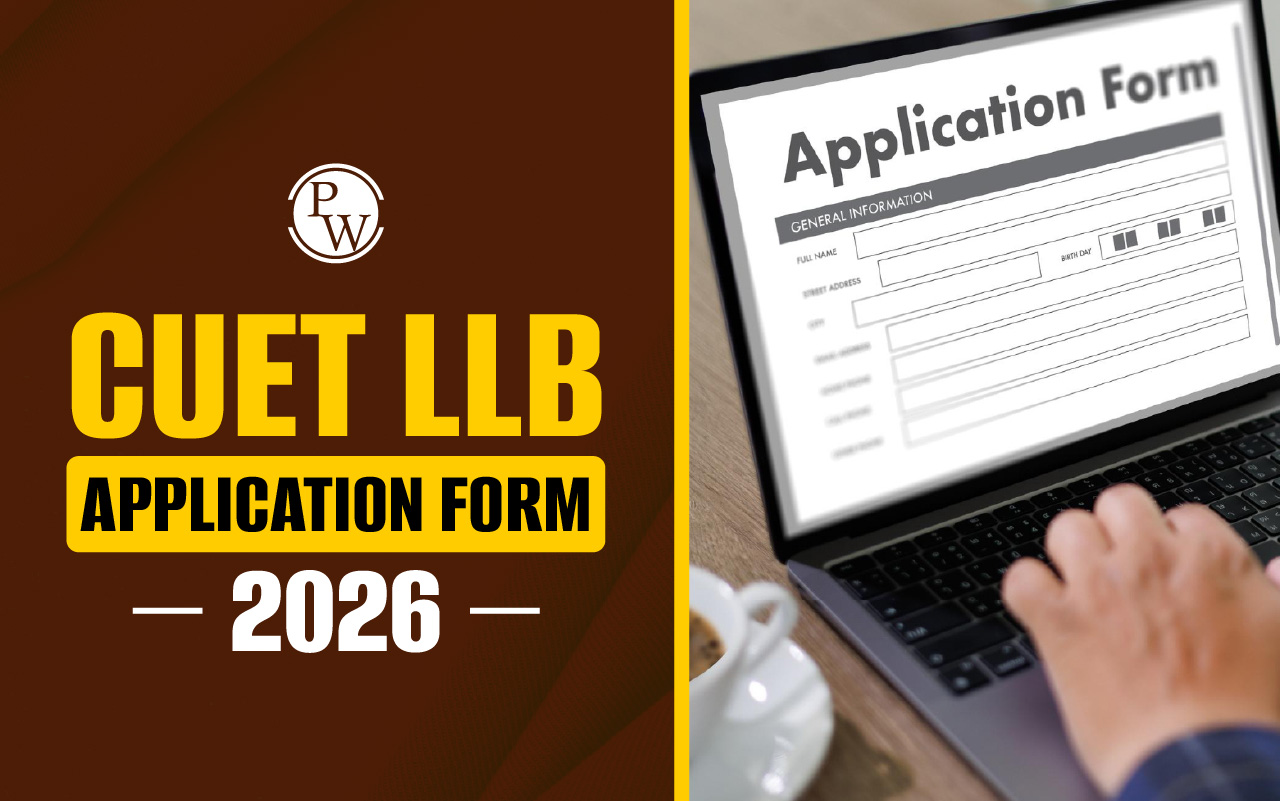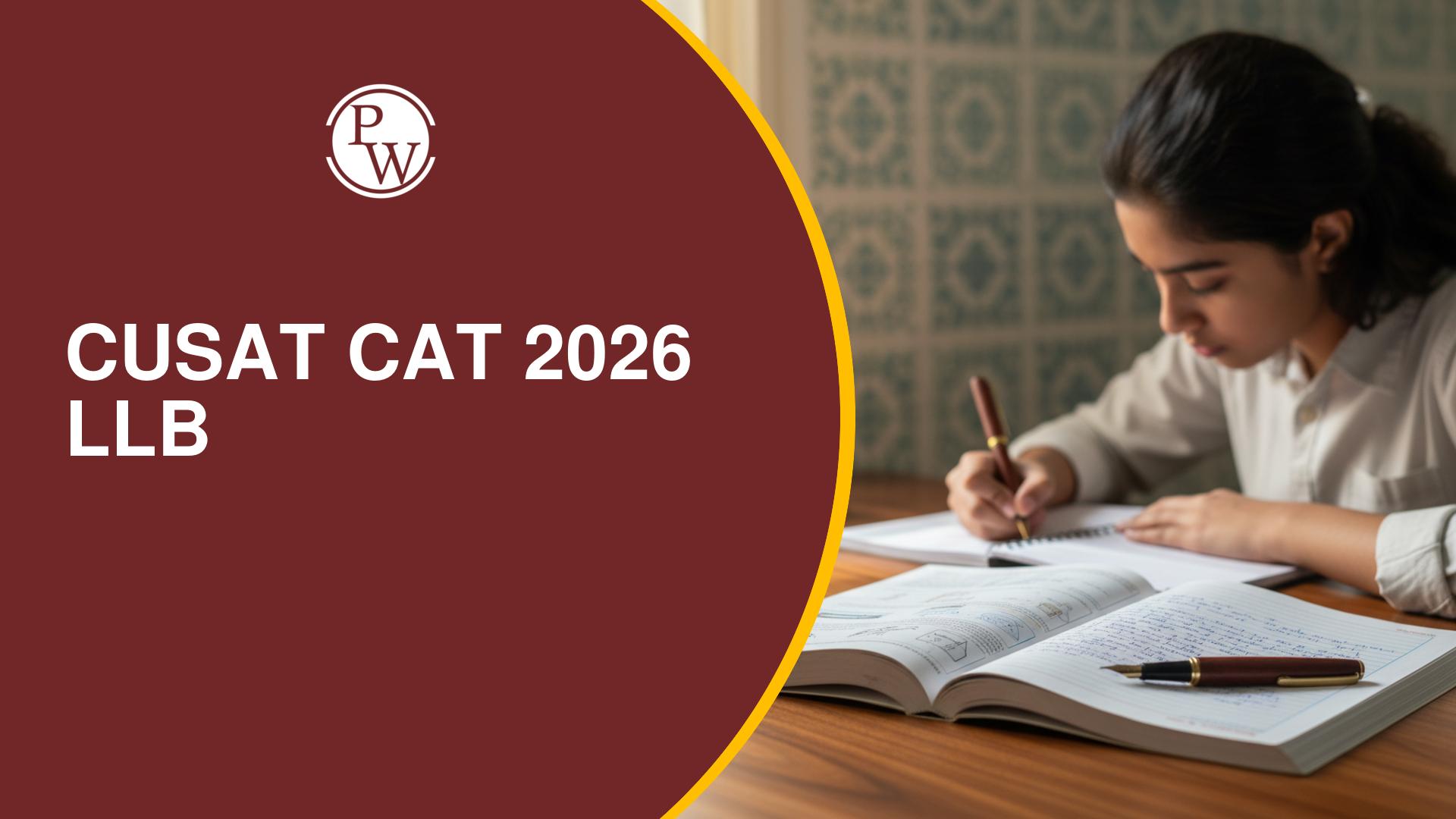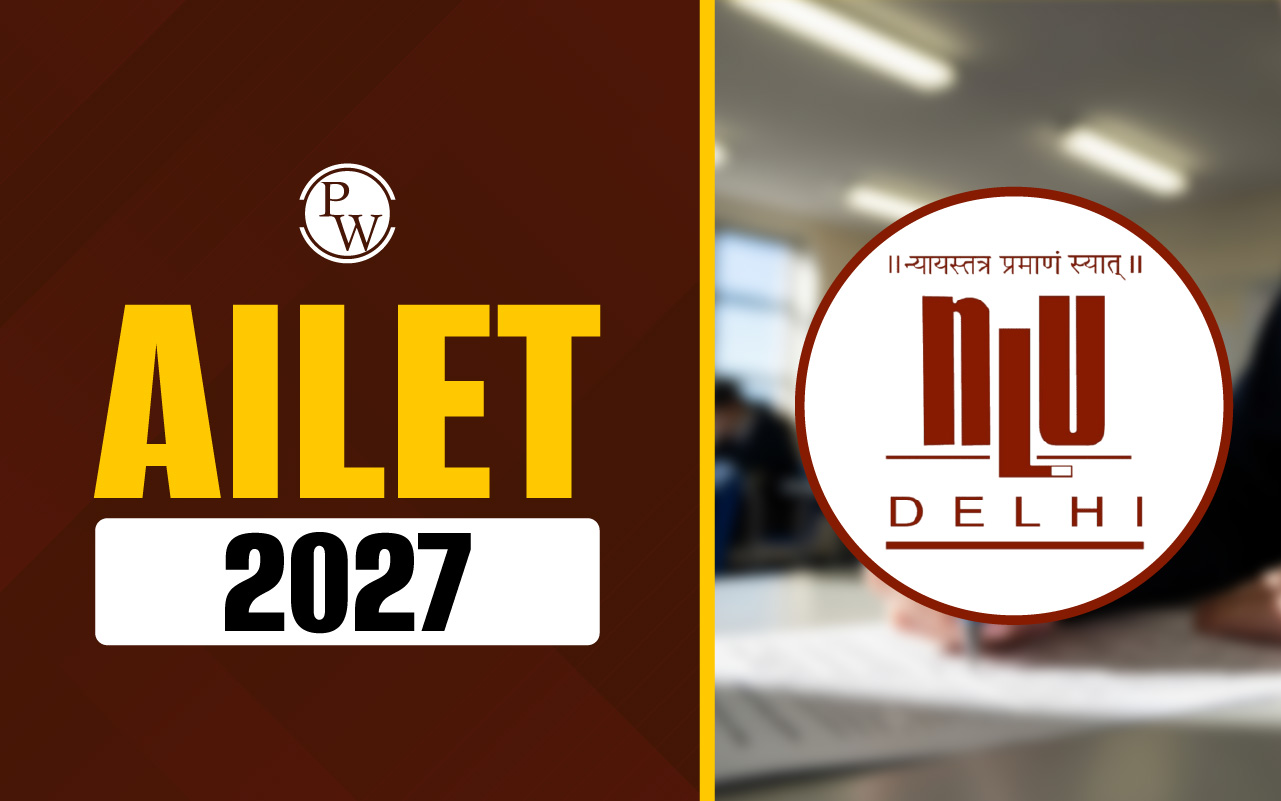
Static Legal Knowledge for CLAT 202: CLAT 2025 static legal knowledge is very crucial as it encapsulates fundamental legal principles, concepts, and facts. To excel in this section, candidates must be well-read with legal concepts, constitutional provisions, landmark judgments, and legal terminology. The questions asked in this section will be based on facts and figures of the legal fields. The article will provide a variety of questions related to the Indian Constitution, Fundamental Rights, and the structure of the Indian Government, providing a solid foundation for CLAT 2025 preparation.
Checkout Law Books from PW Store
Static Legal Knowledge for CLAT 2025 Important Points
The GK section of the CLAT 2025 is divided into Current Affairs and Static GK. The questions are generally based on the facts and principles of the law and legal fields. This section will consist of around 50 questions. Some of the important pointers regarding this section are as follows.- The questions will be direct and factual. Candidates must be thorough with legal concepts and factual details.
- The section carries 25% weightage in the paper.
- The current affairs questions will be based on historical events of continuing significance, contemporary events of significance from India and the world, awards, international affairs, arts and culture, Static GK (General Studies), books, government policies, and amendments in acts.
- The CLAT 2025 GK section has approximately 35-40 questions on static knowledge and current affairs.
Static Legal Knowledge Questions for CLAT 2025 GK Questions with Answers
Preparing for CLAT 2025 requires a thorough understanding of various legal concepts. Some of the most important static legal knowledge questions for CLAT 2025 are as follows. Q.1) Under the Indian Constitution, which article provides for the abolition of untouchability?- Article 15
- Article 17
- Article 21
- Article 46
Answer: b) Article 17
Explanation: Article 17 of the Indian Constitution abolishes untouchability and forbids its practice in any form. Q.2) Adultery is a ground for?- Restitution of Conjugation Rights
- Divorce
- Judicial Separation
- Both (b) and (c)
Answer: d) Both (b) and (c)
Explanation: The grounds for judicial separation and divorce are the same. Adultery is the ground for both. Read More: CLAT Registration 2025 (Started) Q.3) What is the structure of the Indian Constitution?- Partly Unitary and Partly Federal
- Federal
- Rigid
- Unitary
Answer: a) Partly Unitary and Partly Federal
Explanation: The structure of the Indian Constitution is partly unitary and partly federal. The Indian Constitution comprises features of both unitary and federal constitutions. Q.4) Who amongst the following is not appointed by the President of India?- Governor of the State
- Judges of the High Court
- Chief Justice of the Supreme Court
- Chief Minister of the State
Answer: d) Chief Minister of the State
Explanation: The President of India does not appoint the Chief Minister of the State. Q.5) Who is the highest law officer of a state in India?- Solicitor General
- Attorney General
- Advocate General
- Central Law of Minister
Answer: c) Advocate General
Explanation: The highest law officer of a state in India is the Advocate General. Q.6) Which part of the Indian Constitution deals with the Directive Principles of State Policy?- Part III
- Part IV
- Part V
- Part VI
Answer: b) Part IV
Explanation: Direct Principles of State Policy are outlined in Part IV (Articles 36-51) of the Indian Constitution, guiding the government in making laws and policies. Q.7) Who appoints the Chief Justice of India?- The President of India
- The Prime Minister of India
- The Parliament of India
- The Chief Justice of India
Answer: a) The President of India
Explanation: The Chief Justice of India is appointed by the President of India, typically based on the recommendation of the outgoing Chief Justice and consultation with the collegium. Q.8) What is the term used to describe the prohibition of discrimination on the grounds of religion, race, caste, sex, or place of birth?- Fundamental Rights
- Fundamental Duties
- Directive Principles
- State Policy
Answer: a) Fundamental Rights
Explanation: Fundamental Rights, enshrined in Part III of the Constitution, guarantee protection against discrimination on various grounds. Q.9) Which amendment of the Indian Constitution introduced the Goods and Service Tax (GST)?- 101st Amendment
- 102nd Amendment
- 103rd Amendment
- 104th Amendment
Answer: a) 101st Amendment
Explanation: The 101st Amendment of the Indian Constitution, enacted in 2016, introduced the Goods and Service Tax (GST) to streamline the indirect tax system. Q.10) What is the maximum number of members that can be appointed in the Rajya Sabha?- 250
- 245
- 240
- 255
Answer: a) 250
Explanation: The Rajya Sabha can have a maximum of 250 members, including 238 members representing states and union territories and 12 nominated members. Q.11) Which article of the Indian Constitution provides for the emergency powers of the President?- Article 352
- Article 356
- Article 360
- Article 370
Answer: b) 356
Explanation: Article 356 deals with the imposition of the President's Rule in state where the government cannot be carried on according to the provisions of the Constitution. Read More: Is CLAT Tough? A Comprehensive Analysis and Expert Opinions Q.12) Who has the power to dissolve Lok Sabha?- The President of India
- The Prime Minister of India
- The Speaker of the Lok Sabha
- The Chief Justice of India
Answer: a) The President of India
Explanation: The President of India has the power to dissolve the Lok Sabha based on the advice of the Prime Minister. Q.13) Which Indian law regulated the protection of consumer rights?- The Indian Contract Law
- The Consumer Protection Law
- The Sale of Goods Law
- The Companies Act
Answer: b) The Consumer Protection Law
Explanation: The Consumer Protection Act of 2019, safeguards the interests of consumers by addressing grievances and ensuring fair practices. Q.14) Which of the following is a state subject under the Indian Constitution?- Banking
- Defense
- Police
- Foreign Affairs
Answer: c) Police
Explanation: The police is listed as a state subject in the Seventh schedule of the Indian Constitution under the State List. Q.15) Which of the following is NOT part of the Union List in the Constitution of India?- Defense
- Currency
- Education
- Foreign Affairs
Answer: c) Education
Explanation: Education is included in the Concurrent List, not the Union List. The Union List includes subjects like defense, currency, and foreign affairs. Q.16) Which of the following rights is NOT a fundamental right under the Indian Constitution?- Right to Equality
- right to Freedom
- Right to Constitutional Remedy
- Right to Property
Answer: d) Right to Property
Explanation: The Right to Property was originally a fundamental right but was moved to the category of legal rights under the 44th Amendment Act of 1978. Q.17) What is the maximum number of times the Indian Parliament can be dissolved in a year?- Once
- Twice
- Thrice
- No Limit
Answer: d) No Limit
Explanation: There is no limit on the number of times the Indian Parliament can be dissolved in a year. The dissolution occurs based on the completion of the term or political circumstances. Read More: CLAT Latest Updates 2025 Q.18) When two persons are the descendants of a common ancestor, but by different wives, they are said to be related to each other by?- Uterine Blood
- Half-Blood
- Full Blood
- Either (a) or (b)
Answer: b) Half-Blood
Explanation: Half-Blood means common ancestors with different wives, while the Uterine Blood means the same wives with different husbands. Q.19) The Constitution 104th Amendment Act, which shall come into force on 25 January 2020, seeks to abolish the provision for the nomination of which of the following?- Anglo Indians
- OBC (Other Backward Classes)
- SC/ST
- None of these
Answer: a) Anglo Indians
Explanation: The amendment does not extend the reservation period of the 2 Lok Sabha seats and seats in State Legislative Assemblies reserved for members of the Anglo-Indian Community. Therefore, under the recommendation of the Prime Minister of India, the practice of nominating two members of the Anglo-Indian community by the President of India was effectively abolished.Read More: Quantitative Techniques Study Plan for CLAT 2025
Q.20) Under which article does the Indian Constitution provide for the protection of personal liberty?- Article 19
- article 20
- Article 21
- Article 23
Answer: c) Article 21
Explanation: Article 21 provides that no person shall be deprived of their life or personal liberty except according to the procedure established by law. Q.21) Which law governs the formation and regulation of cooperative societies in India?- The Cooperative Societies Act
- The Societies Registration Act
- The Companies Act
- The Partnership Act
Answer: a) The Cooperative Societies Act governs the formation and management of cooperative societies in India.
Q.22) Who is regarded as the “Father of All India Services?"- BR Ambedkar
- Lord Cornwallis
- Lord Macaulay
- Sardar Patel
Answer: d) Sardar Patel
Explanation: Sardar Patel was known as the "Father of All Indian Services". Q.23) What does the expression "jus gentium" mean?- The law which natural reason establishes for riparian states
- The law which natural reason establishes for all women
- The law which natural reason establishes for all men
- The law which natural reason establishes for land-locked states
Answer: c) The law with natural reason establishes for all men
Explanation: The expression "jus gentium" means that law with natural reason establishes for all men. When any national or international law is established, the establishment is based on the jus gentium. The meaning of "Jus" is "Law", while "Gentium" means "Applicable to all Men". Q.24) What are Grave and Sudden Provocation?- Question of Law
- A Presumption under Law
- Mixed Questions under Law
- Question of fact
Answer: d) Question of fact
Explanation: Question of fact means that whatever matter you have got, you have to solve that matter based on factual details only. Q.25) What do you mean by "ad-hoc judges"?- Judges are selected particularly for a specific case or purpose.
- Retired Judges
- Impeached Judges
- Judges who act as heads of government-appointed committees
Answer: a) Judges who are selected particularly for a specific case or purpose.
Explanation: Ad-hoc judges are judges who are selected only for a particular case or for a particular purpose.Books for CLAT 2025 GK and Current Affairs
Some of the recommended books for the GK and current affairs section for the CLAT 2025 exam are as follows.| Books | Authors |
| India Year Book | GOI |
| General Knowledge | Arihant Publications |
| Current Affairs Yearly | Arihant Publications |
| Manorama Year Book | Mammen Mathew |
| Pearson’s Concise GK Manual | Pearson |
25 Most Important Static Legal Knowledge Questions for CLAT 2025 FAQs
Who is eligible for the CLAT PG 2025?
Does 12th marks matter in CLAT?
What is the pattern of the CLAT 2025 exam?
How is the CLAT score calculated?

